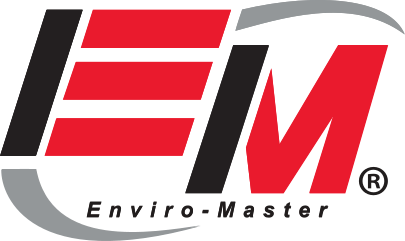Every industry has its own vernacular, and the commercial hygiene business is no different. To determine the type of service you require for your business, it’s a good idea to have a basic understanding of some general health and safety terms related to commercial hygiene. Here are a few terms you may come across when you explore your options.
Hygiene – conditions or practices conducive to maintaining health and preventing disease, especially through cleanliness. It includes personal habit choices such as washing hands, as well as, keeping surfaces clean and pathogen-free.
Disinfect – to clean something with a chemical in order to destroy bacteria.
Sanitize – a chemical process that lessens and even kills germs on surfaces to make them safe for contact.
Cross Contamination – the process by which bacteria or other microorganisms are unintentionally transferred from one substance or object to another, with harmful effect.
Uric Scale – uric acid residue that collects on the inside of toilets or urinals. Uric scale is a breeding ground for bacteria, resulting in bad smells and unsanitary conditions.
Pathogens – referred to as an infectious agent, germ, or anything that can produce disease.
Enzymes – a substance produced by a living organism which acts as a catalyst to bring about a specific biochemical reaction.
Bacteria / Odor Causing Bacteria – a large group of unicellular microorganisms which have cell walls but lack organelles and an organized nucleus, including some which can cause disease.
Viruses – small infectious agents that replicate only inside the living cells of an organism.
Germs – refers to the microscopic bacteria, viruses, fungi, and protozoa that can cause disease. Germs live everywhere and you can find them in the air, on food, plants and animals, and most every other surface, including the human body.


